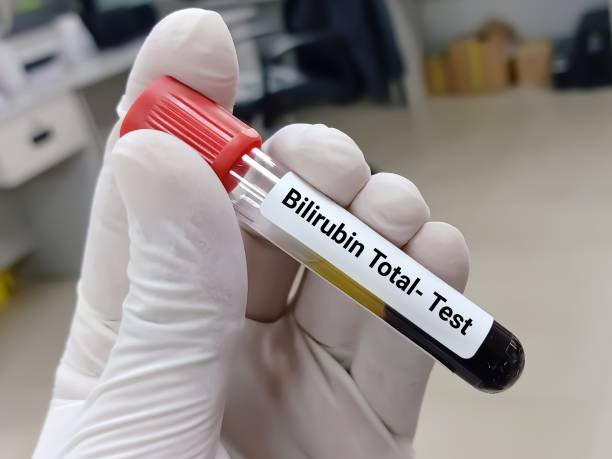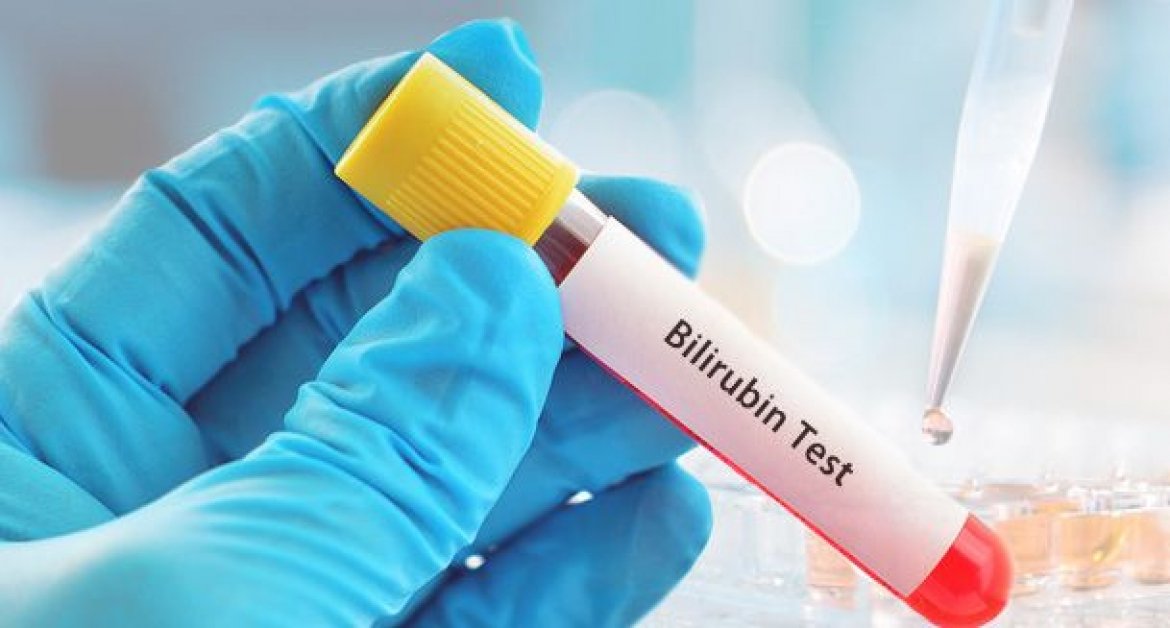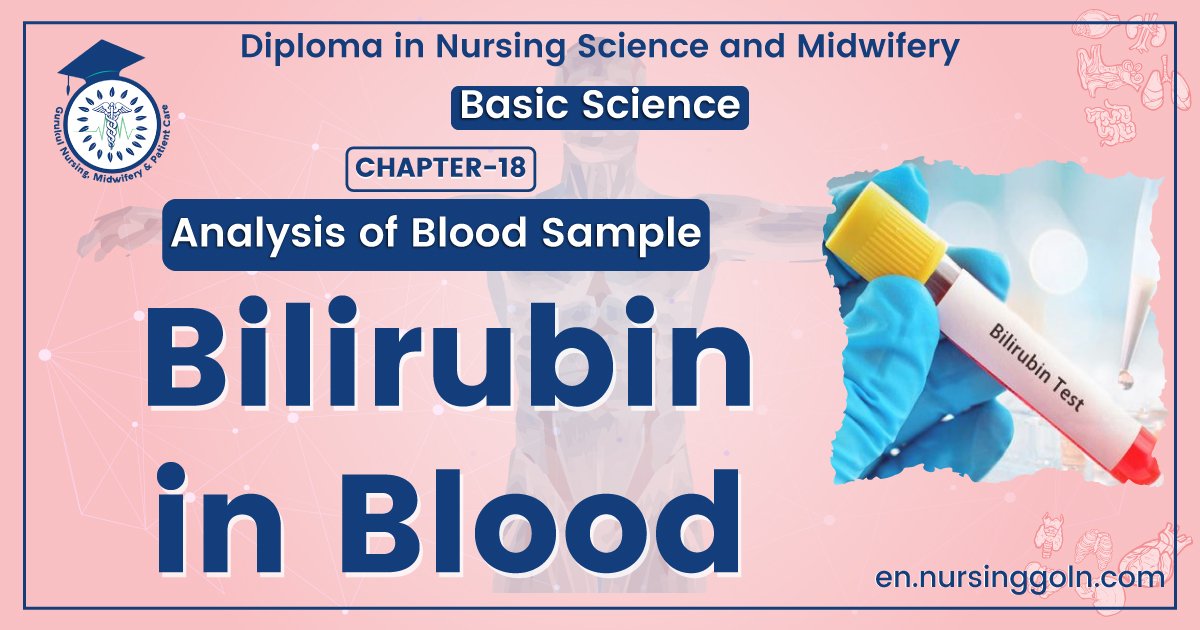Bilirubin Test – Introduction to fundamental concepts of Biological Science including the organization and common characteristics of living matters, cell structures and functions, food production by photosynthesis, harvesting energy, mechanism of cells reproduction, genetics, evolutions, and Human Biology. Introduction to general chemistry including basic concepts about matter, atomic structure, chemical bonds, gases, liquid, and solids, solutions, chemical reactions, acid, bases, and salt;
organic and biochemistry including hydrocarbons and their derivatives, carbohydrates, lipids, proteins, enzymes, vitamins, and minerals, nucleic acids; principles of physics and applications to nursing including gravity and mechanics, pressure, heat and electricity; nuclear chemistry and nuclear physics, effects of radiation on human beings, and protection and disposal. The aim of the course is to acquire knowledge and skills in general biological science, general chemistry and physics.
Bilirubin Test
A bilirubin test measures the levels of bilirubin in your blood. Bilirubin (bil-ih-ROO-bin) is a yellowish pigment that is made during the normal breakdown of red blood cells. Bilirubin passes through the liver and is eventually excreted out of the body.

Bilirubin testing is usually done as part of a group of tests to check the health of your liver. Bilirubin testing may be done to:
➤ Investigate jaundice – a yellowing of the skin and eyes caused by elevated levels of bilirubin. A common use of this test is to measure bilirubin levels in newborns to check for infant jaundice.
➤ Determine whether there might be blockage in your bile ducts, in either the liver or the gallbladder.
➤ Help detect liver disease, particularly hepatitis, or monitor its progression.
➤ Help evaluate anemia caused by the destruction of red blood cells.
➤ Help follow how a treatment is working.
➤ Help evaluate a suspected drug toxicity.

Normal Range Results
➤ Bilirubin test results are expressed as direct, indirect or total bilirubin. Total bilirubin is a combination of direct and indirect bilirubin. Typically, you’ll get results for direct and RA total bilirubin.
➤ Normal results for a total bilirubin test are 1.2 milligrams per deciliter (mg/dL) for adults and usually 1 mg/dL for those under 18. Normal results for direct bilirubin are generally 0.3 mg/dL

Read More….
